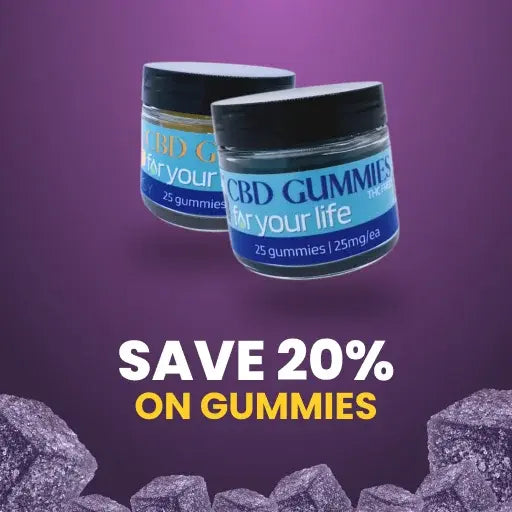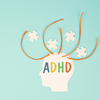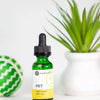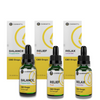CBD and Drug Testing: What you Need to Know
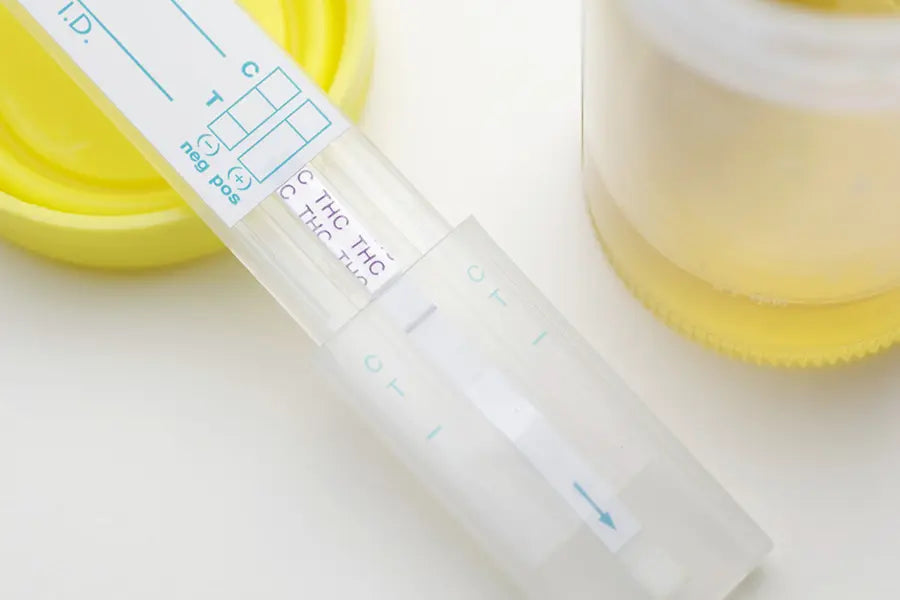
Written by Kandi Neal:
One of the most asked questions about CBD oil is, “Will this show up on a drug test?” The short answer is ‘no.’ However, the long answer can be a little trickier. Nowadays, you can find many products that include cannabidiol CBD – from cookies & candies to toothpaste & supplements, CBD is everywhere. Let’s break down what this really means when it comes to testing positive on a drug screening.
Although it’s extremely uncommon, enough research has been conducted to show that CBD can, in fact, trigger false positives in some cases. Further, some at-home drug tests have even gone so far as to print a warning that the test could possibly react with cannabidiol. So, what does this really mean? To start, the most common reason people have failed drug tests after using CBD, is that the person was not using CBD isolate products and instead were using full-spectrum CBD.
CBD Isolate
To break this down a little further, let’s talk about what defines a CBD isolate. Derived from hemp plants, it is a crystalline substance that is made up of 99% pure CBD. The extraction process eliminates the active compounds from the cannabis plant, followed by a refinement process that removes all of the other Phytocannabinoids, leaving just the CBD in its purest form – THC free. A CBD isolate is a great option for individuals who want to experience the potential therapeutic effects of CBD without even the tiniest trace of THC. If this is the route you choose to take, make sure to look for products that conduct third party testing to ensure that your isolate doesn’t contain any unwanted plant materials, impurities, and most importantly, any THC.
Full-Spectrum
Although you’re safest with an isolate when it comes to taking a drug test, the most common items that include CBD are full-spectrum. Although they are still incredibly low in THC, they contain all the cannabinoids that are naturally occurring in the cannabis plant. Keep in mind that the amount of THC in quality CBD products is still extremely low (0.3 THC), with only trace amounts of minor cannabinoids. But CBD specifically is not regulated by the Food and Drug Administration, so there’s always a slight possibility there is more THC in your full-spectrum CBD products than you think.
CBD at Work
Due to the fact that CBD is still a fairly new mainstream product, there are a lot of misconceptions out there and that comes with a lot of ambiguity surrounding company policies. If your place of employment has a no-tolerance drug policy (which CBD could fall very well fall into), you might still be risking your job by consuming CBD products, especially if you work in a highly regulated industry. If you’re searching for CBD products that are suitable for the workplace, you will likely stumble across CBD isolate products promising to be THC-free. What your employer is looking for depends on the drug test they use. Most employers don’t actually have a CBD oil drug test screening; in fact, common drug screening companies like Quest Diagnostics don’t even offer a test for those compounds. What they are really looking for is evidence of THC or other cannabinoids metabolizing in your system to determine if you’ve been using marijuana. According to an October 2019 New York Times article, some drug tests can’t distinguish THC from CBD at all, and will report a positive, regardless if the product contains THC or not. At this time, it’s unknown how long CBD can be detected in urine, hair, or saliva, but depending on how it’s taken, it can be detected in the bloodstream for three to five days. If your company doesn’t have any rules about using CBD but do require a drug test, it’s best to err on the side of caution and ask Human Resources what the policy is.
Educate Yourself First
Before you go in to talk to the HR department, make sure that you’re crystal clear on your state’s regulations on CBD. Be transparent and forthcoming about your CBD usage and let them know why using it is beneficial to you. To prepare for the meeting, a good first step to take is to talk to your doctor. With more and more healthcare practitioners becoming CBD friendly, ask your provider for a professional recommendation that you can share with your employer. Whether it’s in support of mental health or physical pain, a doctor’s note could be all you need for your company to accommodate your use of CBD. Beyond that, come to the meeting with some educational references to share with your HR personnel and give them a chance to read up on the latest laws and case studies involving CBD. Chances are, you may get a lot further with presenting research based in facts. Additionally, consider bringing in documentation about what is in the CBD products that you currently use. Having proof that the product you are using is safe and legal can help to calm any nerves in the HR office. Finally, having a Certificate of Analysis from an accredited third-party labor employer can further prove that the product contains exactly what the label says that it does.
Don’t shy Away from Full-Spectrum CBD
Even though full-spectrum CBD does contain trace amounts of THC (up to .3%), remember that CBD blocks out that ‘high feeling’ and side effects of taking THC. That being said, if you’re going to incorporate CBD products into your routine, look for products from trusted sources, like Cannafyl, to give you the best benefits. Especially because the Drug Administration FDA does not regulate CBD, trustworthy CBD manufacturers want you to know what’s in their products. Although there is a lot to consider when choosing CBD, we are here for you and happy to help point you in the right direction for your own unique needs.
Sources:
Frontiers in Endocrinology: PhytoCannabinoids: Useful Drugs for the Treatment of Obesity? Special Focus on Cannabidiol
The New York Times: CBD or THC? Common Drug Tests Can’t Tell the Difference
-
Posted in
cbd oil, full spectrum cbd

